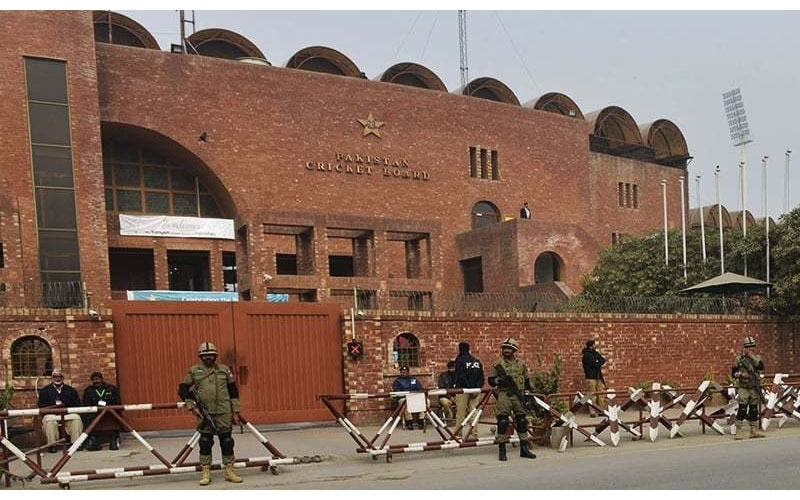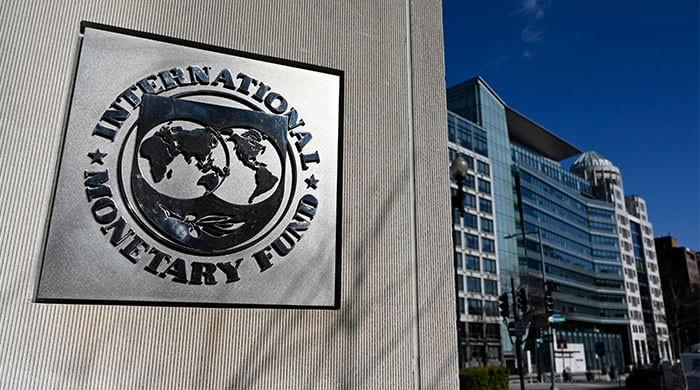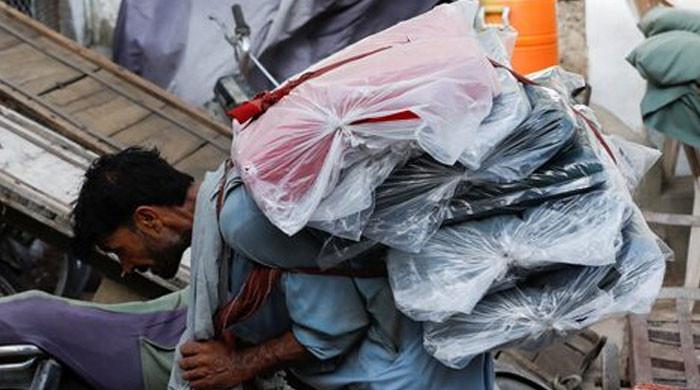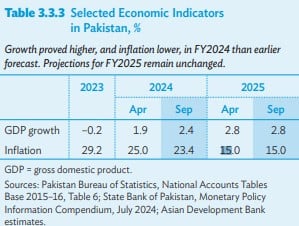Pakistan
Suzuki Alto price update for filers in Pakistan – September 2024 – Pakistan Observer

Pakistan
IMF board approves $7bn loan programme for Pakistan
Pakistan
Rs40000 Prize Bond September 2024 Full Draw List download here – Pakistan Observer
Pakistan
GDP growth to reach 2.8%, inflation to drop to 15% in FY25: ADB
Pakistan
GDP to remain at 2.8%, inflation to drop to 15% in FY25: ADB report
-

 Technology7 مہینے ago
Technology7 مہینے agoSamsung’s new midrange Galaxy A55 has improved security, features | The Express Tribune
-

 Pakistan7 مہینے ago
Pakistan7 مہینے agoNew Zealand in efforts to fast track consenting of major projects – Pakistan Observer
-

 Sports6 مہینے ago
Sports6 مہینے agoPCB opens applications for specialized red and white-ball coaches
-

 Pakistan7 مہینے ago
Pakistan7 مہینے agoLegal issues hinder projects’ transfer | The Express Tribune
-

 Entertainment6 مہینے ago
Entertainment6 مہینے agoPrince William foils Prince Harry’s reunion plans ahead of UK return
-

 Sports6 مہینے ago
Sports6 مہینے agoConversation continues between PCB, New Zealand for white ball series
-

 Sports6 مہینے ago
Sports6 مہینے agoUSA pacer eyes face-off with Virat Kohli, Babar Azam at 2024 T20 World Cup
-

 Pakistan7 مہینے ago
Pakistan7 مہینے agoNADRA NICOP fee March 2024 – Pakistan Observer











